Why Organic - Joseph (Joe) Stuart
Why Organic is an interview series that focuses on the people behind BioGro: their role, how their personal values align with BioGro’s core mission and broader organic and sustainability concerns.
We kick off the series with BioGro Board Chair and Independent Director Joseph (Joe) Stuart and his journey into Organics, concerns around food safety and resilience and moving towards local food systems.
What is your role at BioGro?
Independent Director and Chairperson.
How long have you been working for/with BioGro?
I joined the Board of BioGro NZ Ltd in 2014 and have been chairperson since 2017.
Are you involved in the wider organic sector? For how long?
I’m not involved in the wider organic sector.
The core mission of BioGro is to enable a sustainable and ethical future for producers and consumers – how do your personal values align with that?
My interest in Organics grew as I became aware of ingredients and their origination in the art and joy of cooking. Looking for the tastiest and most wholesome food, it became increasingly apparent that processed food and farming outputs from 'conventional,' I.e. chemical farming, were not beneficial for diversity, taste or the environment.
I started buying local and looking for Organic Certification while shopping, which strengthened my professional interest in the business of Organics. Serendipitously this coincided with BioGro searching for independent directors to join the board. I feel privileged to have been selected and appointed to the board of BioGro.
Organics and sustainability often go hand in hand. Are there any broader sustainability concerns that are important to you?
My key concern is food safety and resilience within the food system. Degradation caused by monoculture farming to the structure and fertility of our soil in the pursuit of profit, and the resulting social and health impacts that result, are now becoming widely recognised.
It is outrageous to me that organic farmers must prove the claims they make which face continual challenges; however, chemical farmers do not have to disclose the origin of their seeds or the herbicides, pesticides, and fertilisers they use to maintain production levels.
Organic production has been the mainstay of food systems throughout human history, and it is disheartening that corporate approaches to growing yield over the last century continue to undermine our food systems and our environment.
“Espousing indigenous principles, it provides hope for real change in repairing our land and empowering people to navigate an ever-challenging environment.”
What led you to these values?
I have spent my professional career working in economic development at the intersection of entrepreneurship, technology and the environment. The pursuit of growth has sat uncomfortably with me throughout this journey and has made me a big supporter of endogenous growth theory.
Endogenous Growth Theory suggests that investment in people, innovation, and knowledge are significant contributors to economic growth and that it is place-based and built through localised networks and opportunities.
On (and in) the ground activity builds resilient communities and reduces reliance on corporate value chains. Espousing indigenous principles, it provides hope for real change in repairing our land and empowering people to navigate an ever-challenging environment.
BioGro has been a leader in the organics sector for 40 years. How do you feel about being a part of that?
I am very proud to be part of the BioGro team and incredibly proud of our team and the function we play in supporting credence to our producers and consumers. We have built a substantial brand value by being the best at what we do, and resultingly we can be trusted and relied upon and are at the forefront of providing consumer confidence.
Over the last forty years, public awareness and support of organics have increased; do you think that trend will continue?
We are seeing a massive uptake in awareness and activity towards regenerative and organic principles as the smoke and mirrors of conventional farming are exposed.
Health and environmental impacts on our society over the last five years have exposed the frailty of corporate food systems and 'conventional' farming.
Ever-increasing cost and reduced quality have moved the dial to where local and organic are now being recognised as a significant opportunity for people to live healthier lives and the growing realisation that looking after the soil and ocean will have better impacts on the planet.
New science (E.g. GE/GM/Lab grown) will continue to advance, supporting further gaslighting and discrediting of natural-based systems. This path towards protected Intellectual property and reduced diversity will continue as corporates seek to protect their profit centres, but, in my view, there is nowhere to hide.
Increased transparency and knowledge created through technology will make it harder to hide the obvious fact that conventional farming and its value chain are not sustainable and that accountability for the destruction of planetary diversity needs addressing.
Anything else you would like to add?
BioGro is a recognised worldwide leader in organic certification and verification services. This is a testament to the bravery and dedication of many who have fought to maintain integrity in natural-based systems over the last 40 years.
I salute all the people who have been a part of the BioGro family and look forward to BioGro playing a significant leadership role in supporting those fighting the good fight for our people and our planet.
